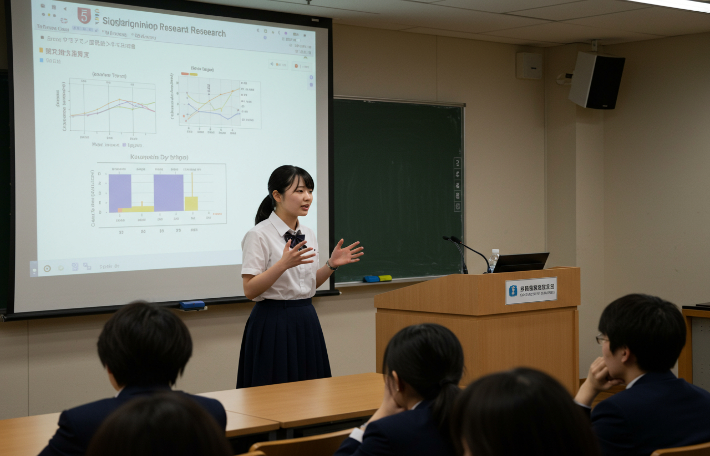What Happens If Earth’s Rotation Speeds Up? A Look at Negative Leap Seconds

What Happens If Earth’s Rotation Speeds Up? A Look at Negative Leap Seconds
In July 2025, reports surfaced indicating that Earth’s rotation has slightly accelerated. Though imperceptible to us in everyday life, this phenomenon has sparked curiosity and concern online. Could it affect our daily lives or digital systems? Let’s explore what’s happening and what “negative leap seconds” mean for us.
🌍 Why Is the Earth Spinning Faster?
Earth doesn’t spin at a perfectly constant speed. Factors such as earthquakes, glacial melting, changes in ocean currents, and even atmospheric winds can subtly affect the speed of rotation. Recently, some atomic clock measurements have suggested that Earth’s rotation was a few milliseconds faster than expected on certain days.
⏰ What Are Leap Seconds?
To keep atomic time (the world’s most accurate timekeeping method) in sync with the slightly irregular rotation of the Earth, leap seconds are added occasionally. Traditionally, positive leap seconds have been added to account for a slower Earth.
However, if Earth rotates faster, we may face the opposite phenomenon: the negative leap second—removing one second from official timekeeping.
💻 Why Does This Matter?
One second might seem trivial, but for digital infrastructure—especially in systems that rely on synchronized global timing like servers, satellites, stock markets, and GPS—even a one-second difference can cause unexpected issues.
In 2012, when a leap second was added, several popular websites and airline booking systems experienced crashes. Implementing a negative leap second may be even more complex because it’s never been done before.
😟 Should We Be Worried?
Not immediately. Organizations like the International Earth Rotation and Reference Systems Service (IERS) monitor Earth’s rotation and announce leap second adjustments well in advance. If a negative leap second is introduced, major tech companies and systems administrators will have time to prepare.
So while it may feel unsettling to think the planet is spinning faster, experts are watching closely—and there’s no reason for panic.
🔮 Looking Ahead
Earth’s rotation naturally varies over time. This doesn’t signal an impending disaster, but it does remind us of how connected our high-tech world is to the subtle rhythms of nature.
Whether it’s one second added or removed, our timekeeping systems will adapt—as long as we stay informed and prepared.
Stay curious about our ever-changing planet. If you found this article interesting, feel free to share it or leave a comment below!






この記事へのコメントはありません。